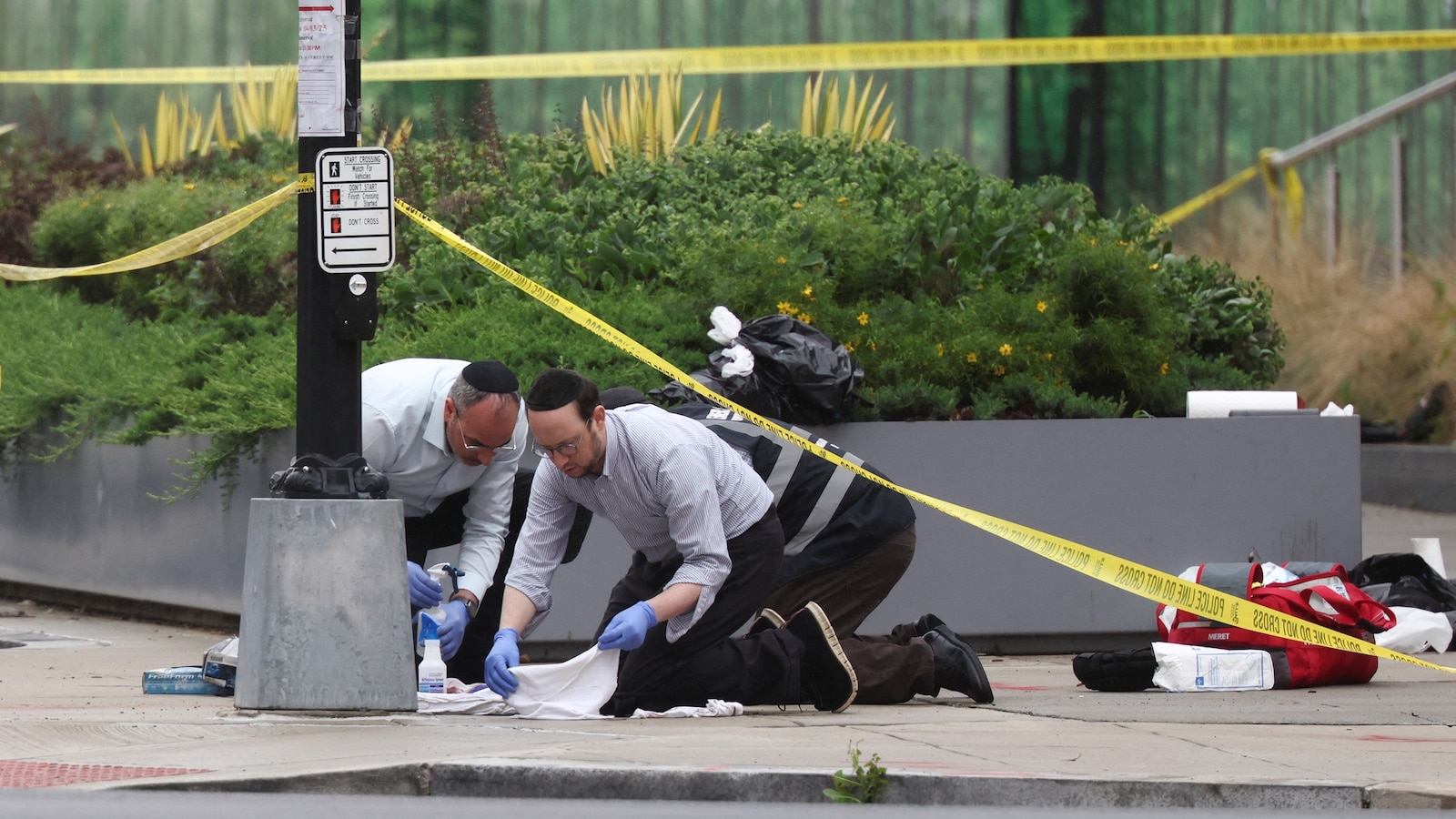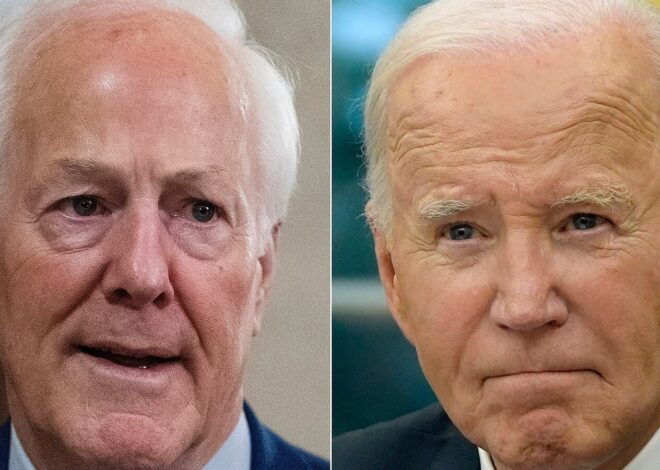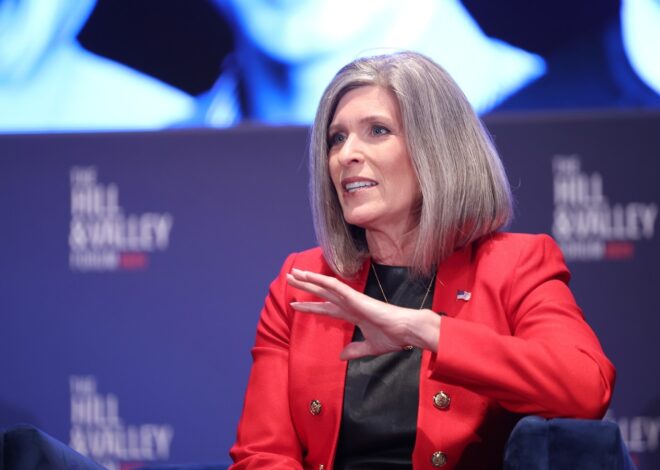
Concerns Arise Over Security Measures Following Shooting of Israeli Embassy Staff
Chilling Events at the Capital Jewish Museum
Maybe this is how it always begins, quietly. A couple loses their lives after attending an event at the Capital Jewish Museum. A grim marker on what might have been a celebratory occasion. The shooting of two Israeli Embassy staffers has stirred a storm of questions. Was security adequate? Did anyone see this coming? These questions hang in the air like a fog.
The backdrop is stark. Reports say that while private security officers were present, neither on-duty nor off-duty officers from the Metropolitan Police Department were on-site. It leaves a bitter taste to think about the lapses, maybe, perhaps oversight? Metropolitan Police Chief Pamela A. Smith confirmed the presence of private security, yet something feels missing. Beatrice Gurwitz, the museum’s Executive Director, has vowed resilience. “We refuse to let them succeed,” she says, even as they scramble to bolster security and reopen their doors. History shouldn’t be erased by terror.
John Cohen, with his vast experience, points to a “heightened threat” atmosphere directed at the Jewish community. Facilities need beefed-up security measures, he notes, and it’s evident that the challenge is real. Attorney General Pam Bondi speaks of the event’s festive atmosphere, maybe a tad wistful? As she mentions the “beautiful event,” you sense an underlying grief. Could they have anticipated this? Was the closeness of the Washington FBI Field Office a false sense of security?
Muriel Bowser, the Washington Mayor, gives a different angle. The event didn’t fit the “special events” category, hence no additional security was deemed necessary. Yet, grants have flowed in to help institutions ramp up their security. It’s an uneasy balance between the ordinary and the urgent. It’s almost as if everyone’s waiting for something-some clarity, perhaps.
Derek Meyer, a former Secret Service agent, lays it out. Private entities need to supplement security for special events. Sounds straightforward enough. But maybe, just maybe, there’s more nuance to it than meets the eye. Is the responsibility on private shoulders enough to bear the weight of safety in such volatile times?
Then comes the suspect, Elias Rodriguez, a name now tied with tragedy. His writings, a chilling echo of violent intent, are under scrutiny. There’s a phrase that sticks: “Escalate For Gaza, Bring The War Home.” An unsettling call to arms, reflecting deep unrest. The internet, a web of tangled emotions and convictions, serves as both a megaphone and a mask.
Bondi, reflecting a sense of unity, emphasizes the need for solidarity across religious divides. The Muslim community’s outreach, a note of compassion amid chaos, feels like a glimmer of hope. Yet, the reality remains grim. A young life, full of promise, extinguished too soon. The Attorney General’s resolve is evident. “The hate has got to stop,” she insists.
Amid this turmoil, faith-based communities are urged to stay vigilant. Intelligence, the kind that reads between lines both digital and physical, becomes paramount. The FBI’s ongoing investigation may unravel more, but as of now, there are more questions than answers.
Perhaps this is the world we live in now-where safety feels as elusive as the fog of questions left unanswered. As officials dig deeper, the public waits. Waits for the next piece of news, the next shift in understanding, the next… something. Until then, the echoes of a tragic night linger.
Read more about this developing story on BBC.
For more context, see this background on US politics.



